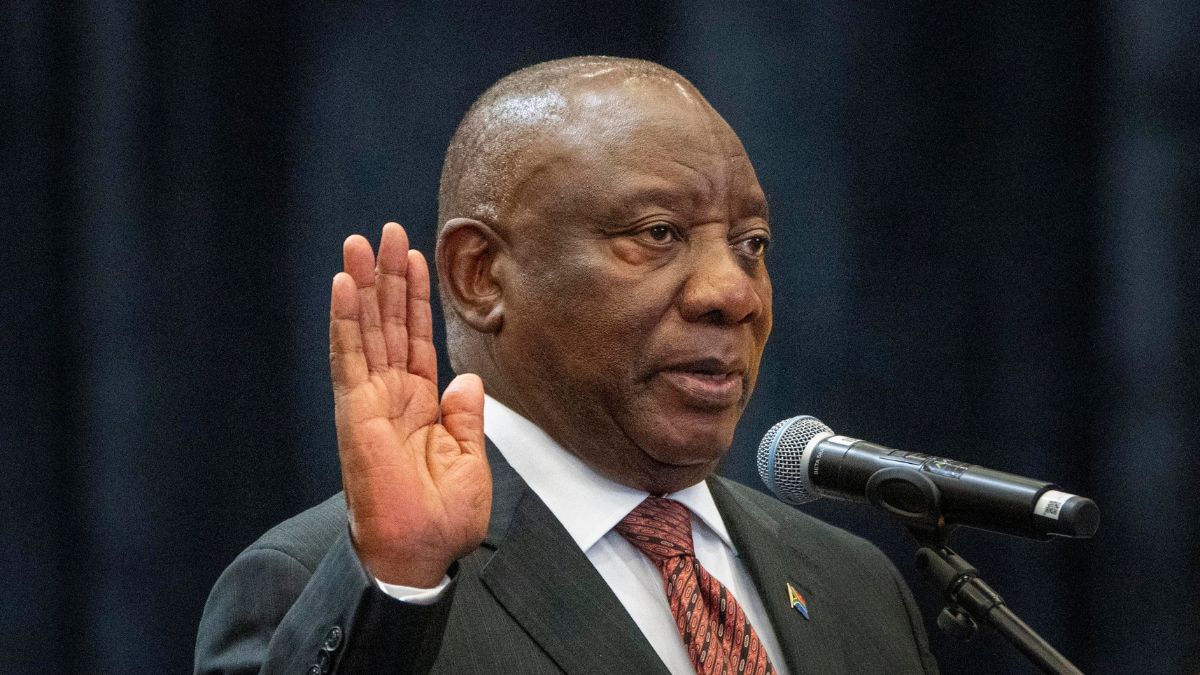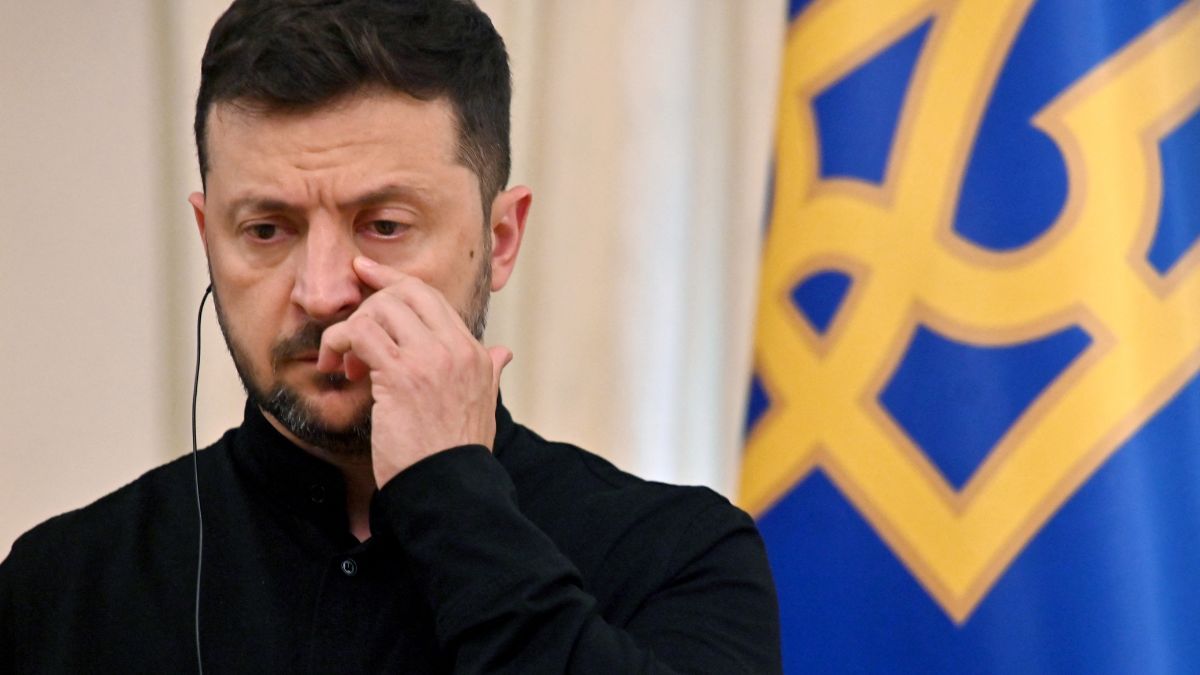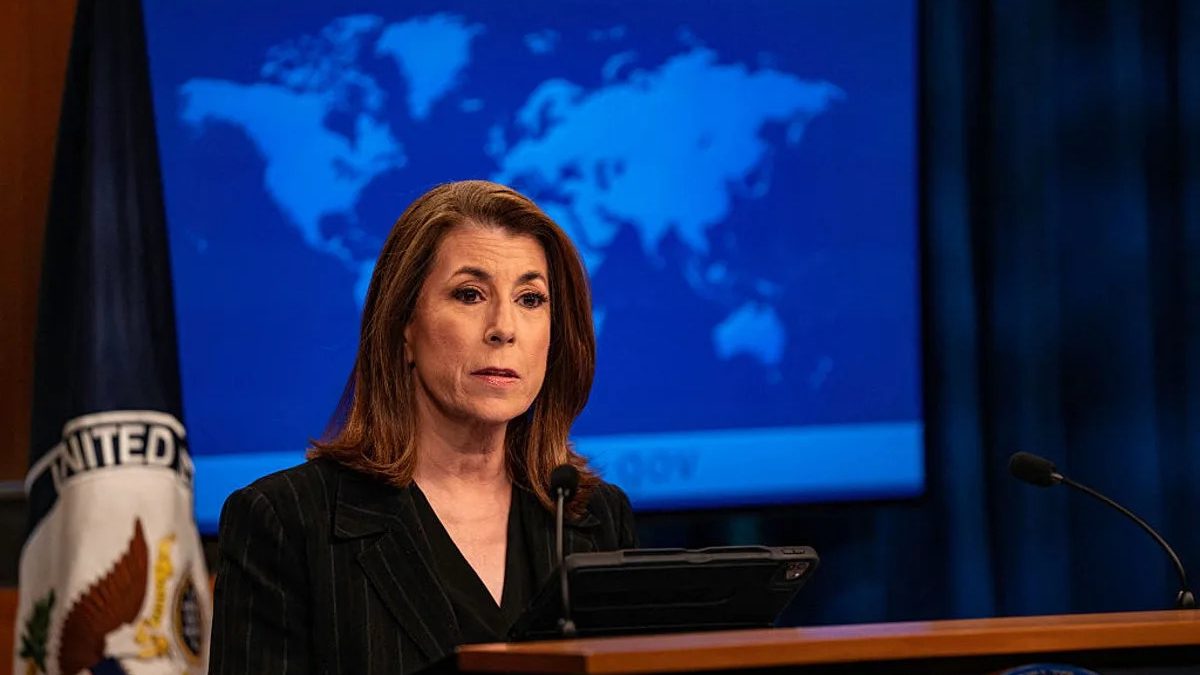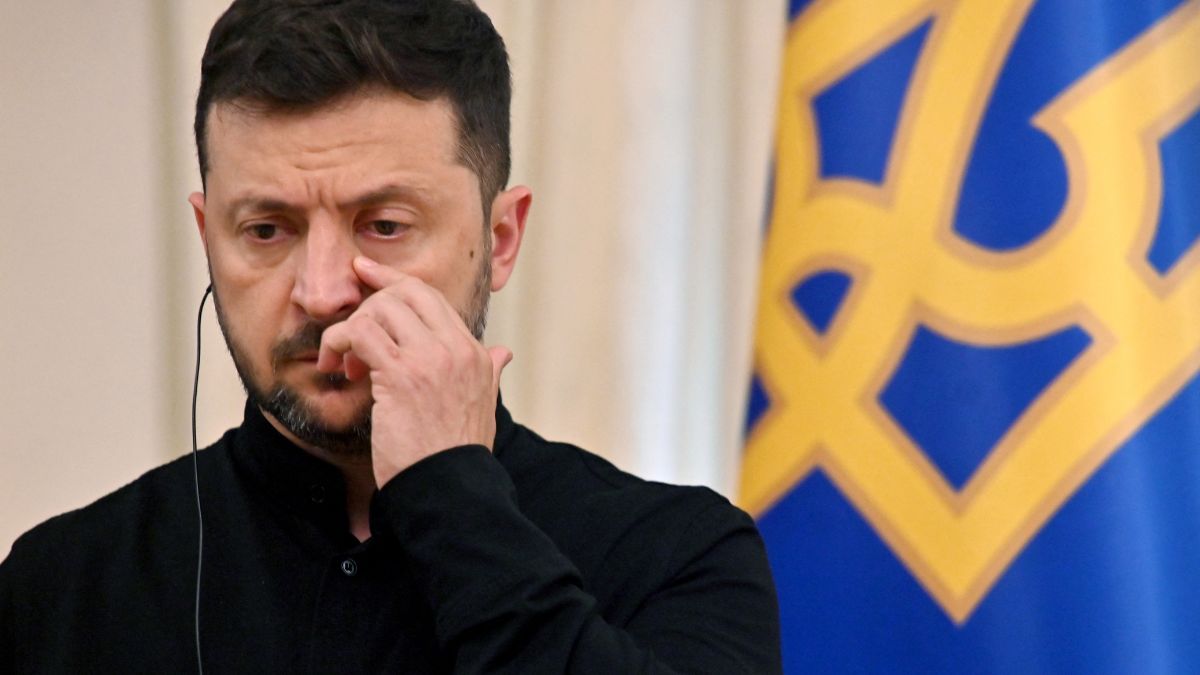South African President Cyril Ramaphosa has signed a controversial education bill into law, but postponed the implementation of certain sections to allow for additional consultation on key clauses in the bill have faced stiff opposition from several parties within the nation’s coalition government, prompting the delay in enforcement to address these concerns.
Part of the bill gives the education department the power to approve school boards’ language policies, which President Cyril Ramaphosa’s African National Congress (ANC) says will help prevent discrimination.
The ANC says that students are being excluded from some schools because of the language they speak, which it says has been used as a proxy for racial exclusion. Afrikaans was promoted by South Africa’s white minority rulers under apartheid.
”The signing of this bill marks an important step towards resolving longstanding challenges in our education system,” Ramaphosa said at the signing ceremony at the Union Buildings, the seat of government in capital Pretoria.
Coalition partner the Democratic Alliance (DA), which has struggled to shake an image as a party of the white minority, has defended single-language schools, saying it is important for children to be taught in their mother tongue.
Shortly before the signing, it promised to fight the legislation in the courts. Earlier this week it said the bill went against the principle of consensus-building of the government of national unity and threatened the coalition.
”Primarily it’s about the use of Afrikaans as a medium of instruction, which is seen as an attempt to exclude people that are not able to speak Afrikaans,” Andre Duvenhage, a politics professor at North-West University, told Reuters.
Impact Shorts
View All”In a way the … legislation is an attempt at opening up these schools for all people,” he told Reuters.
Ramaphosa said he was signing the bill to “give a clear message to the people of South Africa that we are proceeding with the transformation of our education system.”
Other amendments include tightening regulations for home-schooling; penalties to reinforce a ban on corporal punishment; and possible jail terms for parents who do not send their children to school.
The bill will also make compulsory the first level of schooling, which is for children aged four to five.
“The law seeks to ensure uniformity and fairness in educational standards across all schools, and it is only the state that can do so,” Ramaphosa said.
Ramaphosa said he would allow for three months of consultation on the most controversial sections of the bill and if a solution was not reached then implementation would go ahead. The DA said it would pursue its court challenge.
The Basic Education Laws Amendment (BELA) Bill also makes one year of pre-primary school mandatory, reinforces a ban on corporal punishment in schools and regulates home-schooling.Coalition
With inputs from agancies.


)
)
)
)
)
)
)
)
)



